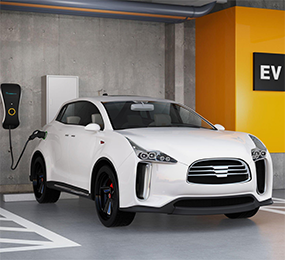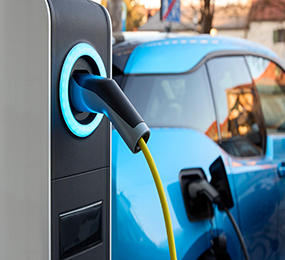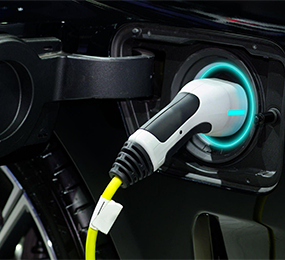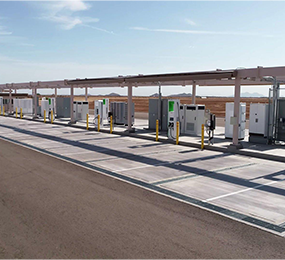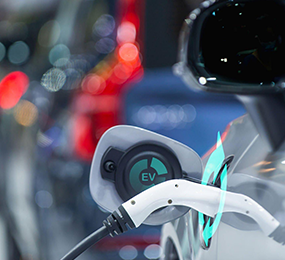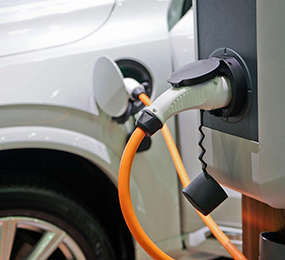Community-Based EV Charging Networks: Engaging Local Stakeholders
Community-based EV charging networks are a vital component of the transition to sustainable transportation. These networks engage local stakeholders in multiple ways, fostering a sense of ownership and responsibility for the growth of electric vehicle (EV) adoption.
1. Accessibility: By strategically placing charging stations within communities, EVs become more accessible to residents. This encourages individuals to make the switch to electric vehicles, reducing greenhouse gas emissions and local air pollution.
2. Local Economic Benefits: Community-based charging networks often involve local businesses, such as parking facilities, restaurants, and retail stores, in hosting charging stations. This generates foot traffic and business opportunities, benefiting the local economy.
3. Engagement and Education: These networks provide opportunities for community members to learn about EVs and sustainable transportation. Workshops, educational events, and outreach programs can raise awareness and inform residents about the benefits of EVs.
4. Sustainability: Local communities can prioritize renewable energy sources to power their charging stations, aligning with broader sustainability goals.
5. Resilience: Community-based networks can enhance energy resilience during emergencies by allowing for the use of EV batteries as mobile energy storage units.
In summary, community-based EV charging networks are a win-win proposition. They promote sustainable transportation, boost local economies, and empower communities to actively participate in the transition to clean mobility.
Visit our website to know more: https://www.leadventgrp.com/events/2nd-annual-ev-charging-infrastructure-forum/details
For more information and group participation, contact us: [email protected]
Leadvent Group - Industry Leading Events for Business Leaders!


